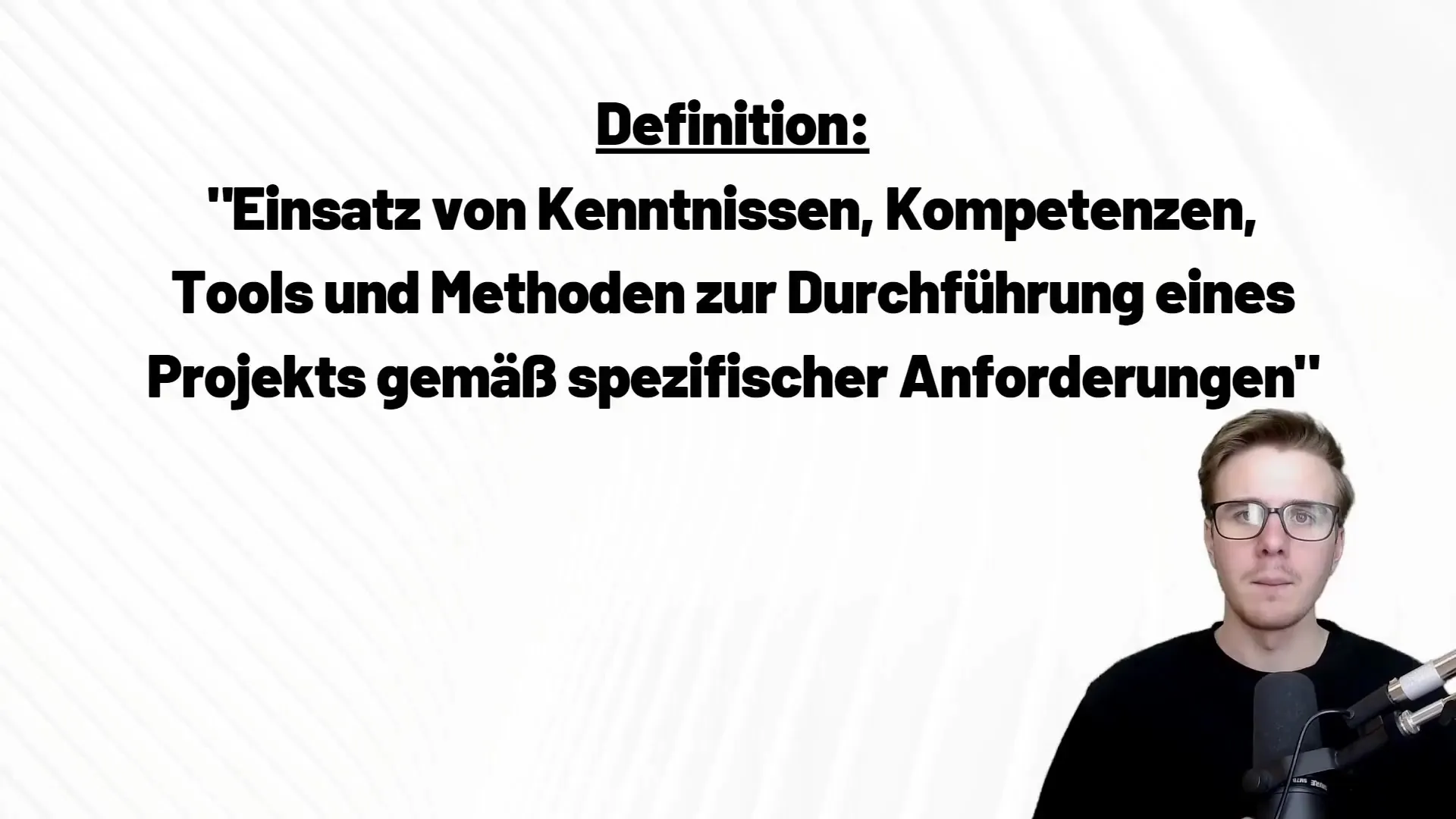Project management is a broad field that deals with the planning, execution, and control of projects. In this guide, you will learn the basic concepts of project management and discover how it has evolved over the centuries. From this perspective, you will gain a clear view of the techniques, tools, and methods you need for the efficient implementation of your projects.
Key Insights
Project management involves knowledge, skills, tools, and methods for carrying out projects according to specific requirements. The definition ranges from identifying a problem to developing a solution plan and executing these solutions. Historical development shows that project management has been applied for centuries, from the pyramids to modern railway projects, and is essential for the success of your project.
Step-by-Step Guide
1. Definition of Project Management
Project management consists of a set of knowledge, skills, tools, and methods used to carry out a project according to specific requirements. This means working with both people and technical means such as software and devices to successfully control your project.

2. The Importance of Specific Requirements
A project always has specific requirements that manifest in different conditions. These include the goal, budget, number of employees, and stakeholders involved in the project. These elements are crucial to ensure the success of the project.

3. The Three Crucial Steps in Project Management
Conducting a project can be divided into three simple but essential steps:
- Identify the problem: The first step is to identify the problem that the project should address. You need to conduct in-depth analyses to understand all the challenges associated with the project's goal.

- Develop a plan: In the second step, you create a plan to solve the identified problem. The plan describes how you intend to proceed to achieve the goal. Be sure to develop different strategies that you can later evaluate and select from.
- Execute the plan: The final step is to implement the plan. It may be that the initial plan was not the best, and you may need multiple iterations to find the most effective methodology. Prepare to be flexible and make adjustments as the project progresses.
4. Historical Development of Project Management
The roots of project management date back to ancient times. Early records can be found in the construction of the pyramids and the Great Wall of China. These impressive structures were realized only through detailed planning and structured approach.

In the 19th century, project management experienced another upsurge through the emergence of railway companies that required many resources. Due to the complexity and the numerous people involved, thoughtful project management was necessary.
In the 20th century, Frederick Taylor's work on increasing the efficiency of work processes brought about a revolutionary development in project management. He developed methods for structuring workflows and laid the foundation for modern techniques.

5. Importance of Visualization
One of the developments arising from Taylor's methods is the visual representation of workflows enabled through diagrams. Such diagrams help you keep track of complex projects and make processes understandable for all stakeholders.

Summary
Project management is a complex but fundamentally important topic that can help you efficiently, structuredly, and successfully manage your projects. Clear definition, specific requirements, and historical backgrounds are essential building blocks to understand the subject properly.
Frequently Asked Questions
What is project management?Project management is the process of successfully planning and executing projects while meeting specific requirements.
Which steps are important in project management?Essential steps include problem identification, planning, and plan execution.
How has project management historically developed?The development ranges from ancient structures to modern application in businesses through structuring and visualizing processes.
Who was Frederick Taylor?Frederick Taylor was a pioneer in the field of industrial engineering, who laid significant foundations for modern project management by planning and visualizing efficient workflows.


